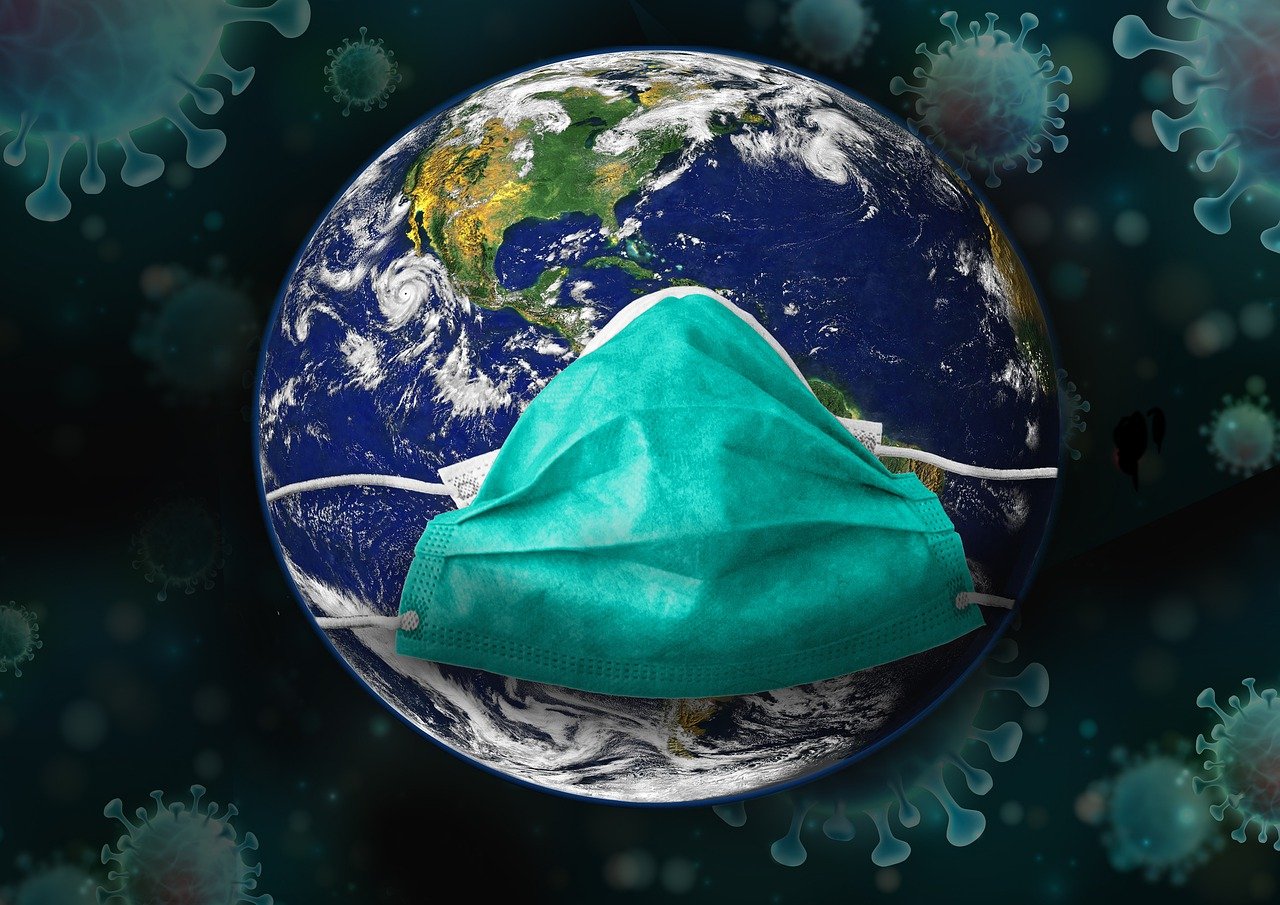The Moral Danger of Declaring the Pandemic Over Too Soon
By Gregg Gonsalves,
The New York Times
| 02. 17. 2022
The early 1990s were in many ways the most terrible of those first years of the AIDS epidemic in America. Research on the disease was in high gear, but drug after drug failed to stop H.I.V. Funerals for friends and family in their 20s, 30s, 40s and 50s continued unabated, and many of us at risk for getting sick had given up hope of a normal life. My friends and I, most of us just a few years out of college, lived in the moment because we weren’t sure of how much time we had left.
My cousin Carl died from AIDS-related lymphoma in July 1995. That was also the year I found out that I, too, was H.I.V. positive. I wondered if Carl’s fate might be my own soon enough.
But then we got lucky. In 1996 a new generation of treatments called protease inhibitors emerged that were able to control H.I.V. Doctors talked about the Lazarus effect: watching their patients go from near death to health. I enrolled in a clinical trial and started taking the drugs that...
Related Articles
By Dana Mattioli, The Wall Street Journal | 04.15.2025
Image "Elon Musk" by Debbie Rowe on Wikimedia Commons
licensed under CC by S.A. 3.0
Ashley St. Clair wanted to prove that Elon Musk was the father of her newborn baby.
But to ask the billionaire to take a paternity...
By Emma McDonald Kennedy
| 04.24.2025
A Review of Eggonomics: The Global Market in Human Eggs and the Donors Who Supply Them by Diane M. Tober
A recent journalistic investigation of the global egg trade at Bloomberg put the industry’s unregulated practices and their exploitative implications back in the spotlight. Diane Tober’s book Eggonomics: The Global Market in Human Eggs and the Donors Who Supply Them, published in October of last year, delves even more deeply into the industry with a thorough examination of egg...
By Staff, DREDF | 04.17.2025
"Robert F. Kennedy Jr." by Gage Skidmore via Wikimedia Commons licensed under CC by SA 3.0
U.S. Department of Health and Human Services (HHS) Secretary Robert F. Kennedy Jr.’s recent statements on autism are hateful, uninformed, and extraordinarily harmful to...
By Mary Annette Pember, ICT News [cites CGS' Katie Hasson] | 04.18.2025
The sight of a room full of human cadavers can be off-putting for some, but not for Haley Omeasoo.
In fact, Omeasoo’s comfort level and lack of squeamishness convinced her to pursue studies in forensics and how DNA can be...




